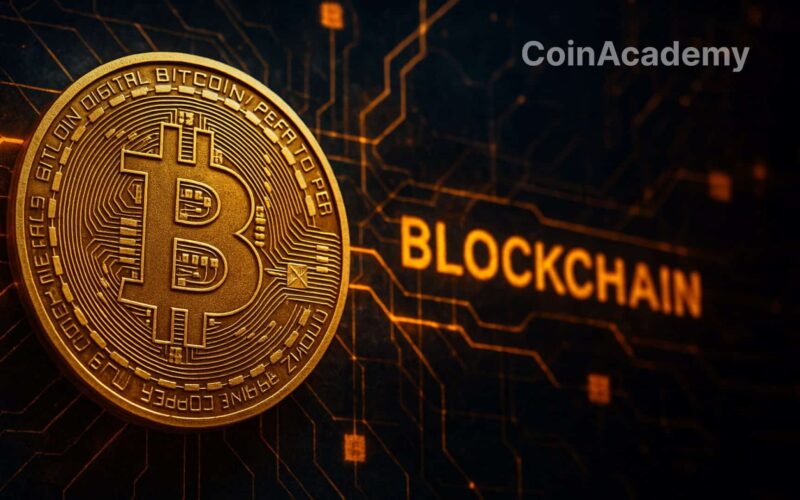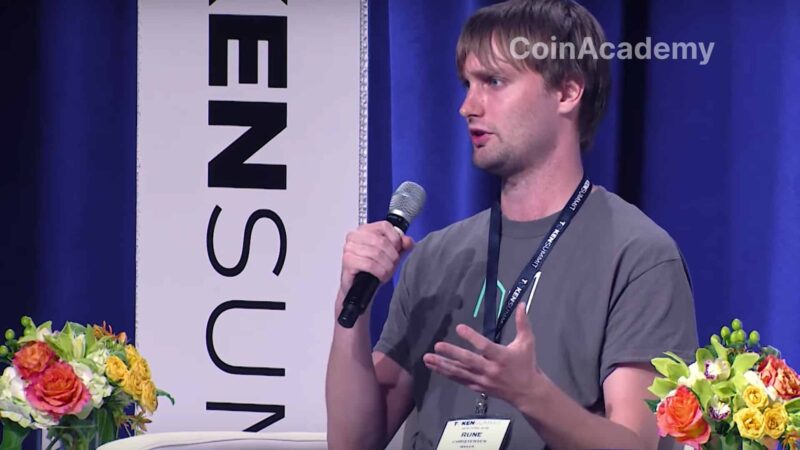Bitcoin Core plans to remove the 80-byte limit on OP_RETURN, reigniting tensions between developers advocating for more flexibility and proponents of a strictly monetary Bitcoin.
Greg Sanders defends this removal to clean up the UTXO base and simplify protocol rules, while Luke Dashjr and Samson Mow denounce a drift towards spam and a departure from founding principles.
The divide widens between Bitcoin Core and alternatives like Bitcoin Knots, whose usage is increasing among nodes opposed to this controversial network evolution.
Les développeurs Bitcoin veulent retirer OP_RETURN
The decision by Bitcoin Core to remove the 80-byte limit on the OP_RETURN field, long used to store arbitrary data in transactions, has reignited a latent conflict among developers, node operators, and ideological guardians of the protocol.
Planned for the next version of the most widely used software on the Bitcoin network, this change marks a technical and symbolic turning point.
Une limite devenue inutile selon ses partisans
Greg Sanders, active contributor to Bitcoin Core and engineer at Blockstream, defends this removal. According to him, the current limit does not prevent abuse:
Massive data entries happen anyway, often in a more opaque and harmful manner to the network.
By channeling these uses towards manipulated scripts or fake public keys, the 80-byte limit only exacerbates the situation.
The end of this rule would, according to Sanders, lead to two concrete advancements: a cleaner UTXO base (unspent transaction outputs) and a more consistent default behavior among nodes. “Bitcoin deserves simple and transparent rules. Letting the fee market arbitrate uses is more aligned with its spirit,” he writes.
Une dérive vers le spam pour ses détracteurs
But the opposition remains strong. Luke Dashjr, a historical developer and staunch opponent of non-monetary data storage on Bitcoin, denounces a disguised sabotage: “This is absolute madness,” he said. For him, every byte used for non-monetary purposes diverts Bitcoin from its initial mission: that of a peer-to-peer payment network.
His own software version, Bitcoin Knots, a stricter and more configurable Core fork, has seen its share rise to around 5% of the network nodes. Knots allows operators to block transactions containing entries or other forms of “spam”.
La fracture s’installe dans l’écosystème
The debate is not limited to code: it touches on the ideological control of the network. Samson Mow, a well-known pro-Bitcoin figure, urges operators not to update their Core node. “Refuse the upgrade, stay on version 29.0 or switch to Bitcoin Knots,” he tweeted.
On GitHub, the comments are clear: “This is a fundamental shift in Bitcoin’s direction“, warns one. Another adds: “This is Core’s biggest strategic mistake at this stage. I want my opposition recorded.”




